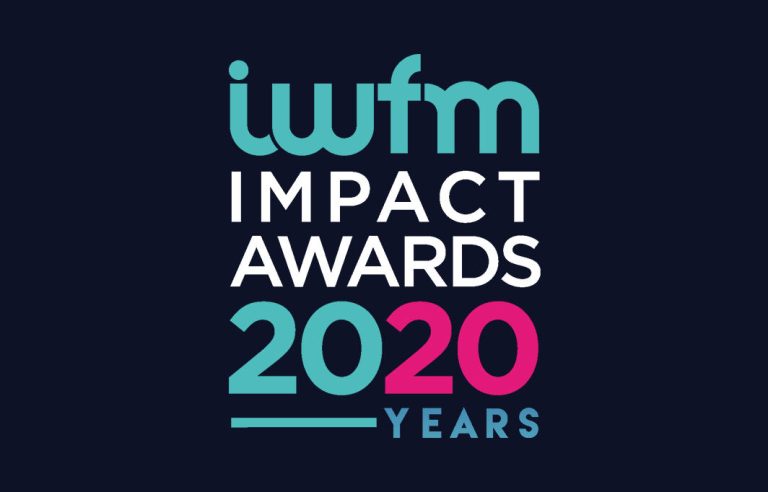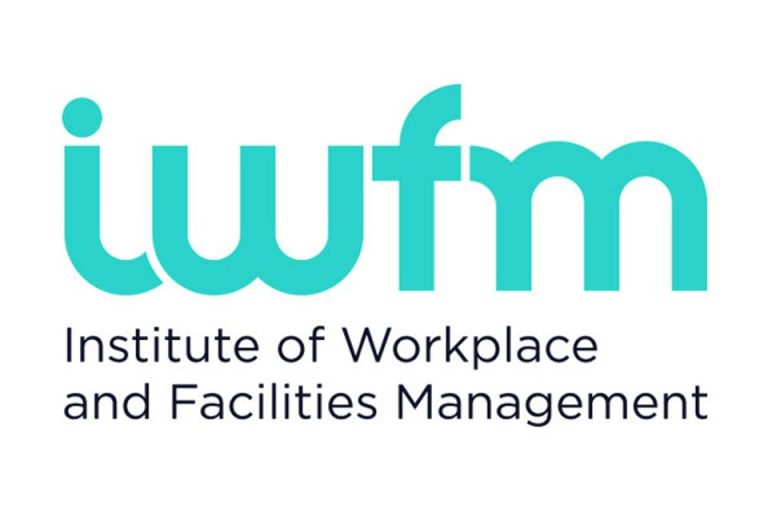COVID-19 has challenged us all, testing safety, resilience, finances, and wellbeing alike. At our IWFM Impact Awards 2020 virtual ceremony in September, we celebrated some amazing examples of the powerful influence of our profession and its ability to adapt to these extraordinary circumstances with ingenuity, skill and often compassion. Ahead of Workplace Week International (9 to 13 November), we sat down with IWFM’s Head of Workplace, Donna Walker (DW), for a social distanced chat about her experiences of managing IWFM’s team and head office during the COVID-19 pandemic. If you require any support in managing the impacts of COVID-19 and the return to work, we have a range of resources, including guidance, information and webinars, available here. 1. On 16 March – a week before the Government announced the first national lockdown – IWFM CEO Linda Hausmanis closed head office and moved all employees to remote working. Why did IWFM act at that stage and what were your immediate thoughts and actions in tackling the transition? DW: ‘We were keeping a close eye on developments and had already implemented 14-day self-isolation for anyone travelling internationally. Then I was notified by our landlord that another tenant in our building had sent home an employee who had flu like symptoms. After weighing up the potential risks and vulnerabilities of remaining in the office and reviewing our business continuity plans, we were able to make a decision quickly and act promptly. ‘Although we already had some in our team who regularly worked remotely, the technical infrastructure and system improvements we had invested in over the last two years enabled the whole organisation to work from home very successfully. The health, safety and wellbeing of our team is paramount and we were equipped to make the transition, so that’s why we acted as early as we did: we wanted to and we could.’ 2. What were your biggest challenges and successes when moving all employees to remote working? How well set up was IWFM for this transition? With uncertainty about the duration of the lockdown, what were your priorities in ensuring the maintenance, safety and preparedness of the building? DW: ‘We felt really well prepared, so the biggest challenges we faced were the factors outside of our control, particularly around connectivity: the reliability of our team’s home internet connections when millions were working from home and likewise for our key communication platform, Microsoft Teams. However, it all worked remarkably well and we were able to deliver the majority of our products and services with limited downtime or interruption. ‘Although our building was unoccupied, it remained open due to other tenants who faced different challenges and needed to access the building. We continued with our usual cleaning, maintenance and auditing with slight schedule changes to ensure we were working within the parameters enforced by lockdown. During the first national lockdown, we also had to undertake some repairs to our office space that were identified during an audit, so although everyone else was working from home, there were times we had to be in the office to resolve issues. Such is the non-stop nature of workplace and facilities management!’ 3. After the first UK national lockdown ended in June and organisations began welcoming people back into buildings, how did you go about ensuring that IWFM head office is a safe environment? DW: ‘We followed the guidance provided by government and tailored it to our situation. Our local BID (Business Improvement District) network provided free signage and touch-free devices for our team. We ensured our temperature control and air handling system was being maintained in line with new findings and worked with our cleaning providers to ensure they were operating in accordance with the new infection control guidance. We introduced a booking system for our people to work from the office where they needed to in line with official guidance that people ‘should’ work from home where possible. Seating arrangements remained at two metres throughout. Hand sanitiser stations were setup throughout the office. ‘People were advised not to visit the office if they displayed any symptoms and in any case to take their temperature before setting off. As an additional check, their temperature would be taken on arrival at the office. We also ensured that our team mainly accessed the office to collect equipment or complete a task that required office use, which resulted in minimal occupancy and reduced our risk considerably. When people use the word ‘safe’ or the term ‘COVID-safe’, I wince because how can anyone guarantee a 100% safe environment? You can implement measures with what is reasonably practicable, but you can’t account for behaviours being in line all of the time.’ 4. This year has been marked by uncertainty: we’ve experienced a three-month national lockdown, relaxed social distancing measures, local lockdowns, and now national lockdown again. What have been your biggest challenges and successes throughout this changing situation? DW: ‘Keeping teams motivated during the pandemic has to be one of the biggest challenges for any manager who would normally engage teams through physical and social interactions that help to bring about a familiar and tangible culture. The usual in-person conversations and moods that would take place or be picked up in the office can be missed when working remotely. ‘However, we have been able to maintain engagement levels through a variety of tactics, including regular all-team surveys and risk assessments, fortnightly all-team briefings, CEO coffee catch-up sessions, celebrating events like Mental Health Awareness Week, continuing with our quarterly training window, offering flexible working arrangements for those who care for the vulnerable, and celebrating personal anniversaries and achievements. We have also had a programme delivered through our social committee with activities like a virtual running club via Strava, virtual yoga and meditation, and ‘pub’ quizzes.’ 5. Beyond the immediate health risks of COVID-19, the subject of wellbeing has been a major concern throughout the pandemic. How has IWFM managed and monitored wellbeing during mass remote working? DW: ‘It was fortuitous that I had delivered health, safety and wellbeing recap training to our entire management team in January, so it was at the forefront of their minds when communicating with their teams. These conversations helped us to be proactive in supporting team members who were considered vulnerable in line with pandemic guidance. As a management team, we made it a priority to have regular interactions with team members via our virtual platforms and in person when lockdown rules were eased through socially distanced meetings in open spaces. ‘During remote working, the team were and continue to be surveyed at regular intervals by way of risk assessment and any concerning findings are addressed, managed and controlled in a timely manner. The team were given regular opportunities to collect furniture or order equipment through our Business Support team, who arranged to have items delivered to their homes. Team members who struggled to work from home due to childcare arrangements had the ability to work flexibly. Once lockdown eased, those who needed a break from their home space were given the option to book spaces to work in the office.’ 6. What lessons will you draw from this year? Have you learned anything that has surprised you? DW: ‘As workplace and facilities professionals, we sometimes don’t give ourselves enough credit for the things we do as normally we’re behind the scenes dealing with issues no one really thinks about until it becomes a problem. However, this unforeseen global crisis propelled our profession into the spotlight and we have managed extremely well considering the circumstances. I have learnt that communicating in different ways, even if it’s the same message, is key (and to repeat it a few times doesn’t hurt either) as











